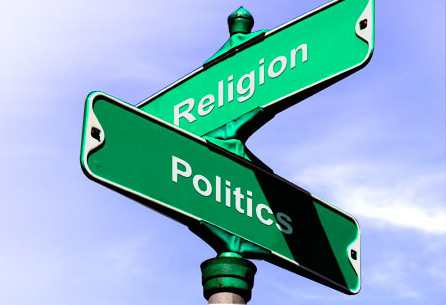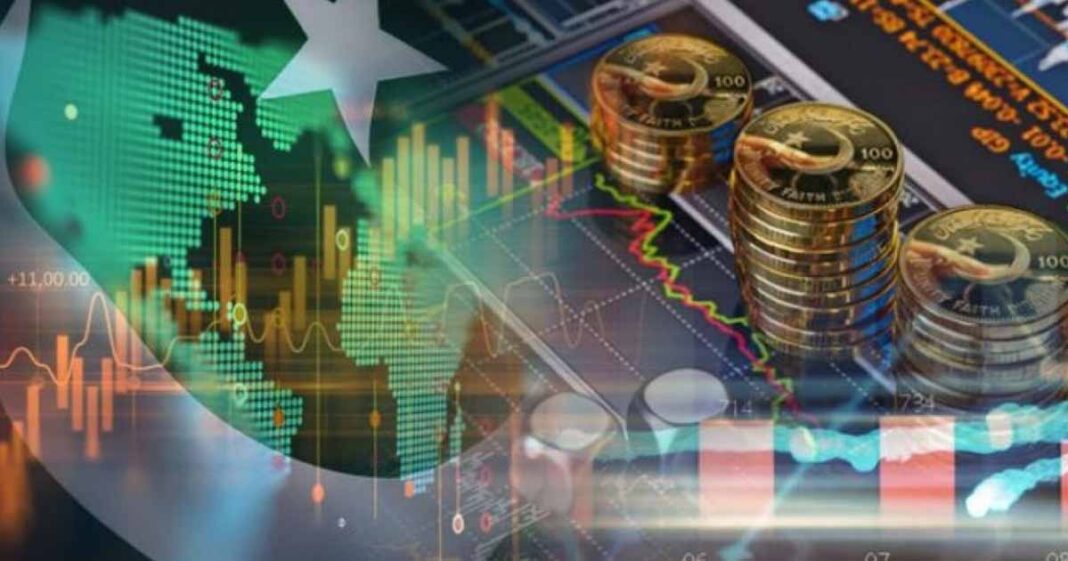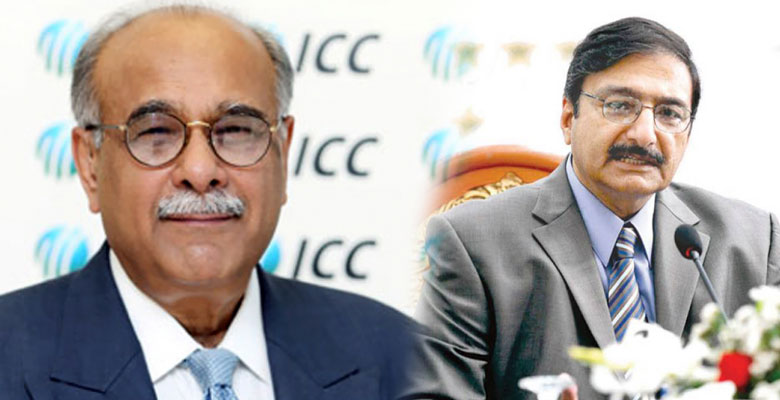By: Muhammad Shahbaz
Politics and religion have long been intertwined in Pakistan, creating a complex and often problematic dynamic. The exploitation of religious sentiment for political gain, commonly known as playing the “religion card,” has become an all-too-familiar strategy employed by politicians in the country. While Pakistan was founded as a homeland for Muslims, the misuse of religion for political purposes has led to a multitude of issues, hampering progress, fostering division, and impeding the country’s democratic values.
The exploitation of religion for political gain in Pakistan has resulted in deep-rooted polarization and division among its citizens. Political parties often use religious rhetoric and symbols to appeal to specific voter bases, further segregating society along sectarian lines. Instead of focusing on policy issues and socio-economic development, politicians manipulate religious sentiment, exacerbating existing divisions and hindering national unity.
The misuse of the religion card has severely weakened democratic values in Pakistan. By appealing to religious sentiments, politicians are able to garner support from conservative elements within society, thereby consolidating power. However, this comes at the expense of pluralism, freedom of speech, and the rights of religious minorities. Such exploitation undermines the principles of equality and fairness, eroding the foundations of a true democracy.
The prioritization of religious rhetoric over substantive policy issues has impeded progress and development in Pakistan. Political leaders, vying for power, often engage in populist measures rather than focusing on long-term development plans. Consequently, vital issues such as education, healthcare, and economic growth take a backseat. The country’s potential for growth and prosperity is stifled by the persistent exploitation of the religion card, hindering its ability to address pressing socio-economic challenges.
The exploitation of religion in politics has also amplified extremism and radicalization in Pakistan. By employing religious narratives and symbols, politicians inadvertently provide legitimacy to extremist elements within society. This not only fuels sectarian tensions but also encourages the rise of extremist ideologies. The dangerous consequences of this manipulation are witnessed in the form of sectarian violence, intolerance, and the marginalization of religious minorities.
Pakistan is home to various religious communities, including Muslims, Christians, Hindus, and Sikhs. However, the politicization of religion has created an environment that hampers interfaith harmony and coexistence. The use of the religion card by politicians for their own gain reinforces religious biases and fosters an atmosphere of suspicion and intolerance. This not only undermines the social fabric of the nation but also obstructs efforts toward building a pluralistic and inclusive society.
The exploitation of the religion card in Pakistani politics has had far-reaching negative consequences. It has resulted in polarization, weakened democratic values, hindered progress, amplified extremism, and hindered interfaith harmony. To break free from this cycle, Pakistan needs leaders who prioritize the well-being of their citizens over short-term political gains. Genuine efforts must be made to avoid the manipulation of religion in politics and focus on inclusive policies that address the needs of all citizens, irrespective of their religious beliefs. Only then can Pakistan hope to realize its true potential as a democratic and progressive nation.
The writer is a student of International Relations. He can be reached at [email protected]








